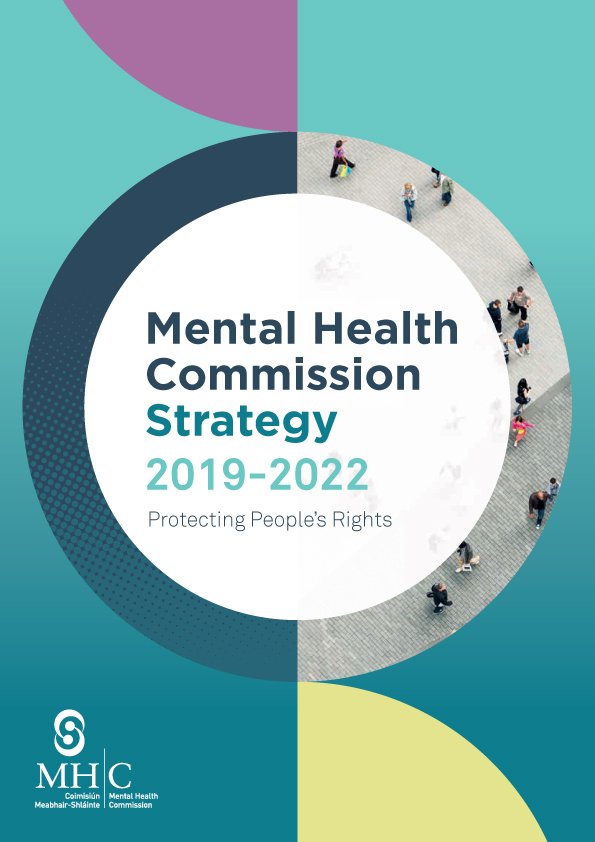
Regulation is tricky. On the one hand, standards
should be idealistic and be a benchmark for services to aspire towards. On the
other, a regulator needs to be pragmatic, which means recognising that the
resources necessary for improvement are often not available and are outside the
power of the individual service provider. Knowing where the balance lies is not
easy.
Take the
Mental Health Commission (MHC), for example. According to Chairman Mr John
Saunders, when the Commission was established in 2006, it adopted a partnership
approach. This meant working alongside providers to ensure that services
improved. Shortly after the Commission was established, the recession occurred,
which badly affected mental healthcare, as it did every other part of the
public service. Plans to close down the old institutional buildings and
transfer patients to new community-based settings were put on hold. Similarly,
funding that had been earmarked under A Vision for Change did not materialise.
Mental
healthcare has not fully recovered from this crisis. Although funding has
increased, there are still continuing deficits, such as the chronic vacancies
for essential staff. In some parts of the country, there are no psychiatrists
working in the public system. Child and adolescent psychiatry is badly
affected, in particular.
Recently, the
MHC has drawn a line in the sand and adopted a more hard-line stance. While the
partnership approach the Commission previously adopted helped foster a new
cultural template for quality improvement, unacceptable deficits in services
were still apparent. A look at the regular reports produced by the Inspectorate
of Mental Health Service will tell you what they are: The absence of
individualised programme plans; poor hygiene; lack of privacy; the high use of
seclusion and restraint; and the continued admission of children to
inappropriate adult services.
As covered in
a feature in this issue, the MHC recently decided to initiate legal proceedings
against the HSE, the first time the Commission went down this avenue. The case
was taken against the Department of Psychiatry in St Luke’s General Hospital,
Kilkenny. The court decided to convict the HSE on a number of charges relating
to breaches of the 2001 Mental Health Act, and the Department of Psychiatry
pleaded guilty to four charges.
Whether the
case was a once-off, or a promise of what is to come, remains to be seen. But the rhetoric coming from the MHC is strong. At the
launch of the Commission’s new statement of strategy, Mr Saunders announced
that where standards are not acceptable and human rights are not being upheld,
the body will intervene “using all powers necessary”. Ultimate responsibility
for improving services, however, does not lie with the Commission. The
Government, HSE, and providers all have to work together to raise the standard
of mental health services in this country. And the MHC will be there to judge
whether that standard is good enough. If it is not, the Commission must decide
upon what regulatory approach will be in the best interests of patients.





Leave a Reply
You must be logged in to post a comment.